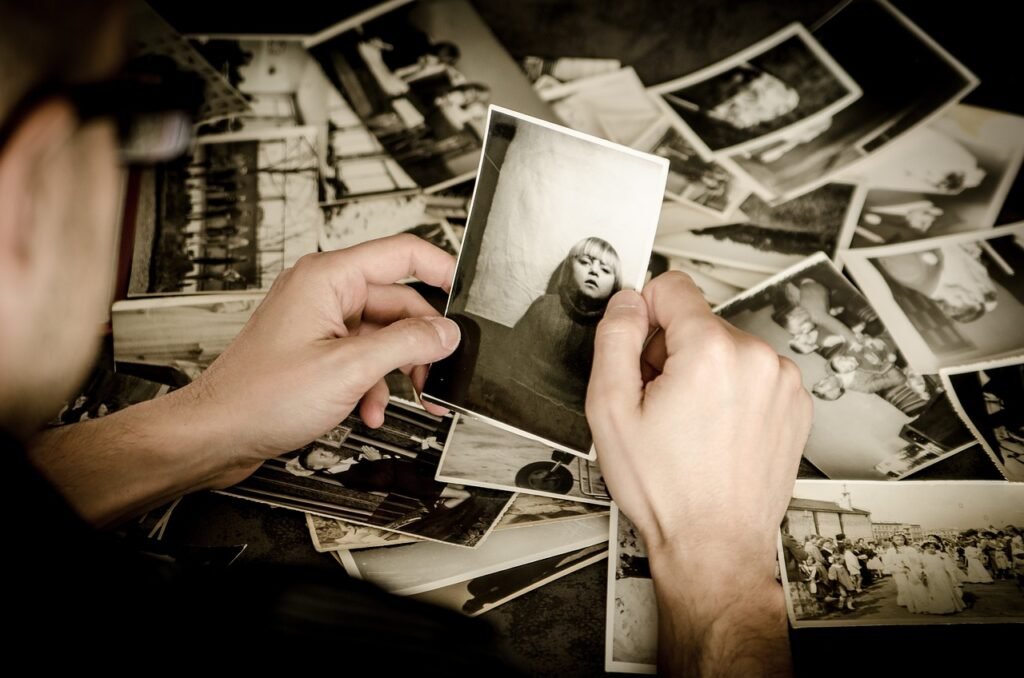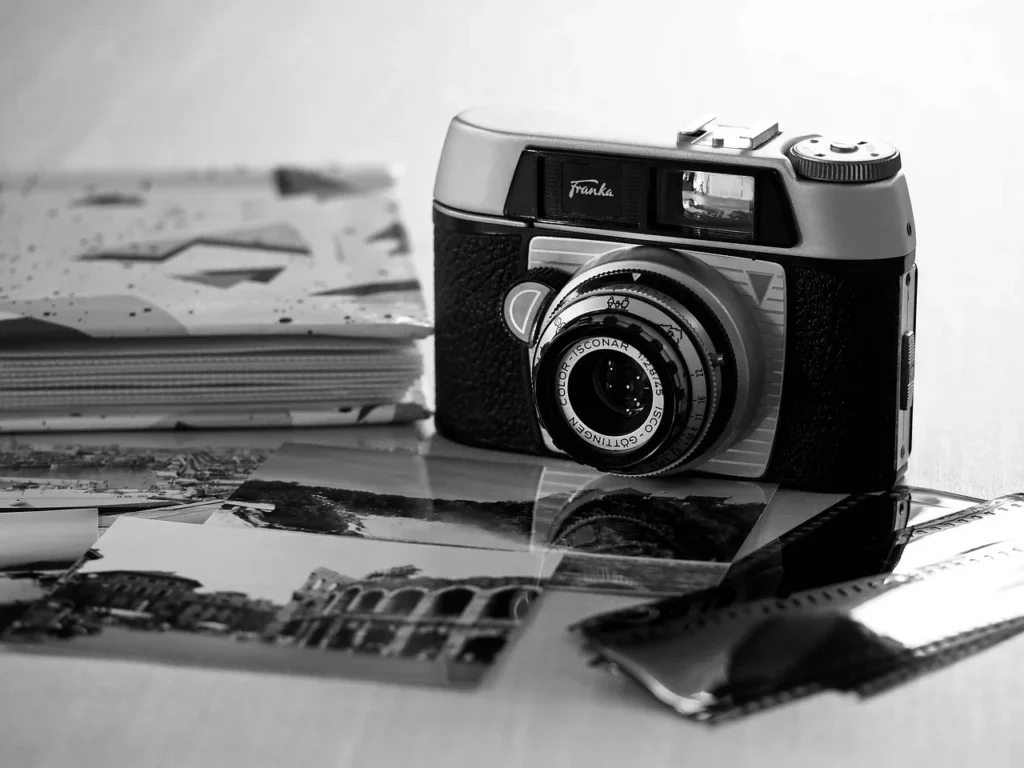
Photography is a fine art that catches temporary minutes forever, an expertise that consolidates specialized skill with innovative vision. Whether you’re a beginner hoping to comprehend the essentials or an accomplished picture taker intending to refine your abilities, finding the right course can fundamentally impact your visual excursion. This is the way to navigate the many photography courses available and select one that best suits your style and needs.
Your Photography Style
Identifying Your Interest
Before you start searching for courses, take a moment to understand your interests in photography. Are you drawn to landscapes, portraits, street photography, or something more niche like astrophotography or underwater scenes? Your preference will influence the type of program you should look for, as each genre requires different techniques and equipment.

Analyzing Your Skill Level
Surveying your ongoing expertise level is urgent. Could it be said that you are simply beginning and have to get familiar with the basics of camera activity and openness settings, or would you say you are more capable and trying to extend your insight in specific regions like lighting or post-handling? Precisely measuring your level will assist you with picking a program that isn’t excessively fundamental or progressed.
Types of Courses Available
Online vs. In-Person
Pick whether you favor the accommodation of web-based realizing, which frequently permits you to go at your speed and return to materials, or the active experience of face-to-face classes, where you can get prompt criticism and cooperate with peers.
Short Courses vs. Extended Programs
Short courses can go from a couple of hours to a little while and normally center around unambiguous abilities or methods. These are perfect for filling holes in information or learning new parts of the field rapidly. Broadened programs, for example, those presented by colleges or expert schools, are more thorough, frequently covering everything from the essentials to cutting-edge procedures across a while or even years.
Workshops and Retreats
For individuals who favor vivid encounters, studios or retreats can be great. These are generally escalated meetings that emphasize on active practice in genuine situations, which can be extraordinarily valuable for leveling up your abilities and systems administration with different photographic artists

Key Considerations When Choosing a Program
Curriculum and Focus
Search for courses that cover the points you are keen on and match your style. Audit the educational plan completely to guarantee it lives up to your assumptions. Does it cover the fundamentals or dive into further developed subjects you need to investigate?
Instructor Credentials
The teacher’s insight and style can fundamentally influence learning. Search for educators who have a collection of work that you respect or have critical involvement with the particular style you are keen on. It’s likewise valuable on the off chance that they have a decent instructing notoriety
Peer Reviews and Feedback
Look at online discussions, web-based entertainment, and networks for audits and input on the course and teacher. Gaining from the encounters of past understudies can give you significant bits of knowledge about what you can anticipate from the program.
Flexibility and Access to Resources
Assuming you are selecting a web-based course, really look at the adaptability regarding timetables, admittance to learning materials, and the teacher’s accessibility for criticism. For in-person programs, consider the operations of area and class plans

Making the Most of Your Chosen Course
Practice Regularly
Ordinary practice is the way to further develop your photography no matter what the program. Attempt to shoot as frequently as possible, applying the strategies you learn.
Engage Actively
Whether it’s an internet-based gathering or a homeroom setting, connect effectively with your companions and educators. Suggest conversation starters, take part in conversations, and present your work for study.
Set Personal Goals
Laying out objectives for what you need to accomplish toward the finish of the course can assist with keeping you propelled and centered. Whether dominating another procedure or building a portfolio, having clear targets can improve your opportunity for growth.
Leveraging Technology and Tools
Understanding Equipment Requirements
Before you focus on any course, understanding the gear requirements is vital. Some might require explicit sorts of cameras, focal points, or programming. Guarantee you approach the essential apparatuses or that the program gives options that you can lease or use during meetings. This information will forestall any unexpected speculations after you have previously enlisted.
Exploring Software and Post-Processing
Many high-level photography courses remember modules for post-handling utilizing programming like Adobe Photoshop or Lightroom. These devices can decisively upgrade your photographs and are fundamental for proficient quality outcomes. Assuming this interests you, search for the ones that give far-reaching preparation here. Moreover, a few projects could present fresher innovations, for example, drone photography or high-level computerized altering procedures, which can open up additional opportunities and styles in your photography work.
Picking the right photography courses is an individual excursion that ought to be lined up with your creative style, favored learning configuration, and explicit requirements. By grasping your objectives and doing an exhaustive examination on the accessible choices, you can find a program that works on your abilities and extends your affection for photography. In this way, take as much time as necessary, pick admirably, and plan to catch the world through your exceptional focal point!



